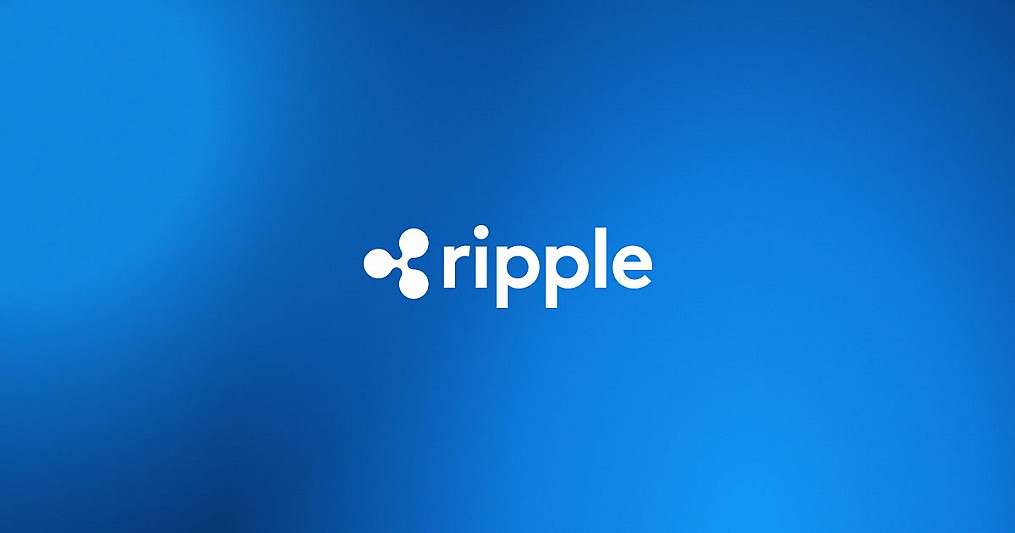Ripple Has Expanded to 80+ Countries Worldwide
25.07.2024 21:32 1 min. read Alexander Stefanov
Ripple has successfully expanded its liquidity network to over 80 markets globally. By building innovative liquidity pathways, the fintech company aims to make cross-border payments faster, more affordable, and seamless.
As the crypto market grows rapidly, it still remains smaller than the global foreign exchange (FX) market, presenting unique challenges that require advanced solutions.
Ripple addresses these by trying to facilitate fast, on-demand settlements at minimal costs while ensuring a superior cross-border payment experience for customers and partners.
To achieve this, Ripple leverages blockchain technology to ensure liquidity is always available, even outside traditional banking hours.
This technology allows global payment transactions to settle almost instantly at significantly lower costs by eliminating intermediaries.
Unlike traditional methods, crypto transactions on blockchain ledgers are not restricted by banking hours or holidays, enabling money transfers anytime, anywhere.
This milestone of expanding the liquidity network to 80+ countries is a remarkable feat by Ripple and positions the company’s products as one of the best blockchain-based solutions for crypto and traditional markets alike.
-
1
Elon Musk’s X Prepares to Enter the Fintech Arena
20.06.2025 13:00 1 min. read -
2
China Pushes Digital Yuan Expansion as Global Currency Power Shifts
19.06.2025 17:00 1 min. read -
3
Fiserv to Launch FIUSD Stablecoin Across Its Massive Banking Network
23.06.2025 21:00 1 min. read -
4
Mastercard Integrates Chainlink to Power Direct Crypto Access for Cardholders
25.06.2025 18:00 1 min. read -
5
BIS Slams Stablecoins, Calls Them Ill-Suited for Modern Monetary Systems
26.06.2025 9:00 1 min. read
Key U.S. Events to Watch This Week That Could Impact Crypto
The first week of July brings several important developments in the United States that could influence both traditional markets and the cryptocurrency sector.
Here Is How Your Crypto Portfolio Should Look Like According to Investment Manager
Ric Edelman, one of the most influential voices in personal finance, has radically revised his stance on crypto allocation. After years of cautious optimism, he now believes that digital assets deserve a far larger share in investment portfolios than ever before.
GENIUS Act Could Reshape Legal Battle over TerraUSD and LUNA Tokens
In the case involving Terraform Labs and its co-founder Do Hyeong Kwon, the defense has asked the Federal Court for the Southern District of New York to extend the deadline for pretrial filings by two weeks, pushing it beyond the original date of July 1, 2025.
Coinbase Surges 43% in June, Tops S&P 500 After Regulatory Wins and Partnerships
Coinbase has emerged as the best-performing stock in the S&P 500 for June, climbing 43% amid a surge of bullish momentum driven by regulatory clarity, product innovation, and deeper institutional interest in crypto.
-
1
Elon Musk’s X Prepares to Enter the Fintech Arena
20.06.2025 13:00 1 min. read -
2
China Pushes Digital Yuan Expansion as Global Currency Power Shifts
19.06.2025 17:00 1 min. read -
3
Fiserv to Launch FIUSD Stablecoin Across Its Massive Banking Network
23.06.2025 21:00 1 min. read -
4
Mastercard Integrates Chainlink to Power Direct Crypto Access for Cardholders
25.06.2025 18:00 1 min. read -
5
BIS Slams Stablecoins, Calls Them Ill-Suited for Modern Monetary Systems
26.06.2025 9:00 1 min. read


